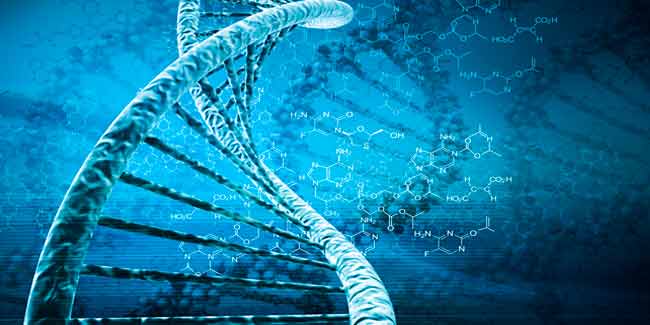

The scientists have discovered a new gene that is associated with a form of congenital heart disease in new born babies, known as ‘a hole in the heart’. This research was led by the Professor Bernard Keavney, from Newcastle University and The University of Manchester. The complete study was carried out with the help of investigators from Newcastle, Nottingham, Oxford and Leicester universities in the UK, and colleagues in Europe, Australia and Canada.
Congenital heart disease (CHD) is the form of congenital malformation that occurs in 7 in 1000 newborn babies and is also one of the major causes of childhood death and illness. Identifying the responsible genes became important as experts attempt to provide individual-specific genetic counseling for those people, who born with CHD now survive to adulthood. The research was carried out on over 2,000 CHD patients and measured over 500,000 genetic markers.
It has been found that a relationship is there between a particular region of the human genome and risk of atrial septal defect (ASD) - a "hole" between the heart`s blood-collecting chambers, which they went on to confirm in additional cases of atrial septal defect and healthy controls. Prof. Keavney stated that they have found that a common genetic variation near a gene called Msx1 was strongly associated with the risk of a particular type of CHD called atrial septal defect or hole in the heart. He also said that ASD is one of the most common forms of congenital heart disease. It has been estimated that around 10 per cent of ASDs may be due to the gene that is found. Now, another research will be carried out to know how Msx1 and/or its neighbor genes affect the risk of ASD.
The researchers could not find a genetic marker common in all types of CHD. Keavney said that an in-depth study is required to find genes that cause other types of CHD that may enable the researchers to give better genetic counseling to high risk families.
Read more Health News.
How we keep this article up to date:
We work with experts and keep a close eye on the latest in health and wellness. Whenever there is a new research or helpful information, we update our articles with accurate and useful advice.
Current Version